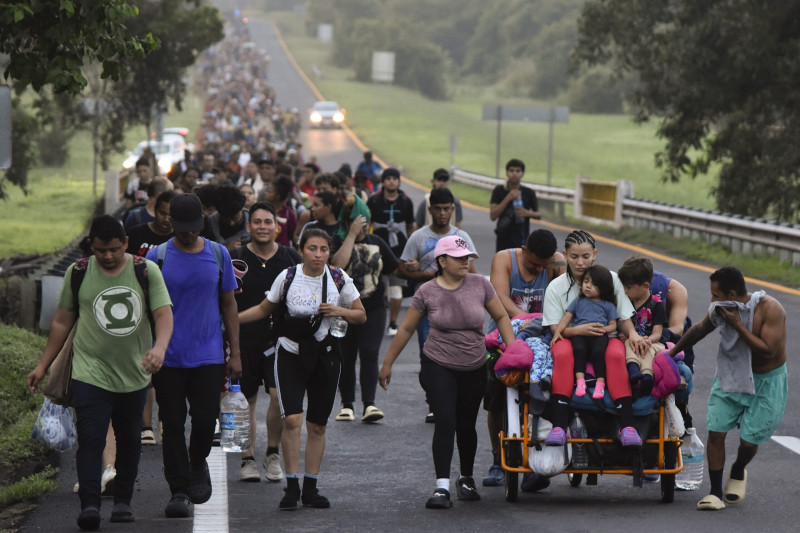The future of birthright citizenship in the United States is facing a pivotal moment as the Supreme Court prepares to hear arguments on whether the 14th Amendment guarantees citizenship to all children born on U.S. soil, regardless of their parents’ immigration status.
Birthright citizenship, rooted in the 14th Amendment, has long meant that “all persons born or naturalized in the United States, and subject to the jurisdiction thereof, are citizens of the United States”5. This principle was cemented by the Supreme Court case United States v. Wong Kim Ark, which confirmed that children born in the U.S. to immigrant parents are citizens, even if their parents are not.
However, a recent executive order from President Trump seeks to deny citizenship to children born to undocumented immigrants or those in the U.S. on temporary status. Federal courts have blocked the order, but the Supreme Court will now decide whether this historic interpretation of the 14th Amendment should stand.
At the heart of the debate is the phrase “subject to the jurisdiction thereof.” The Trump administration argues this excludes children of noncitizens, while legal scholars and longstanding precedent say otherwise. The upcoming Supreme Court decision could redefine what it means to be an American—and who gets to claim that right at birth.


